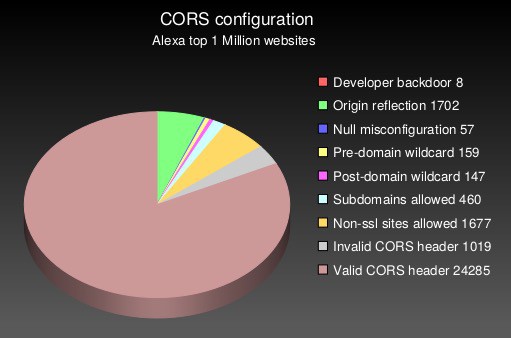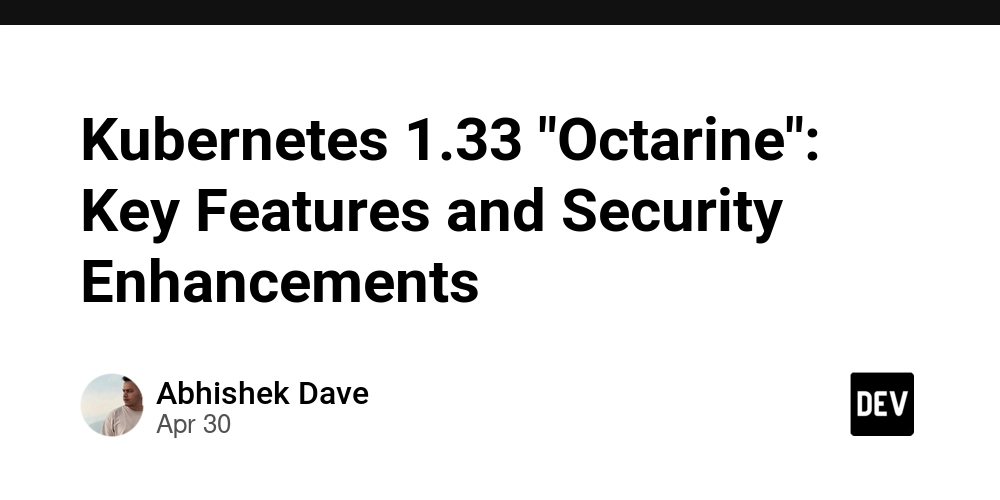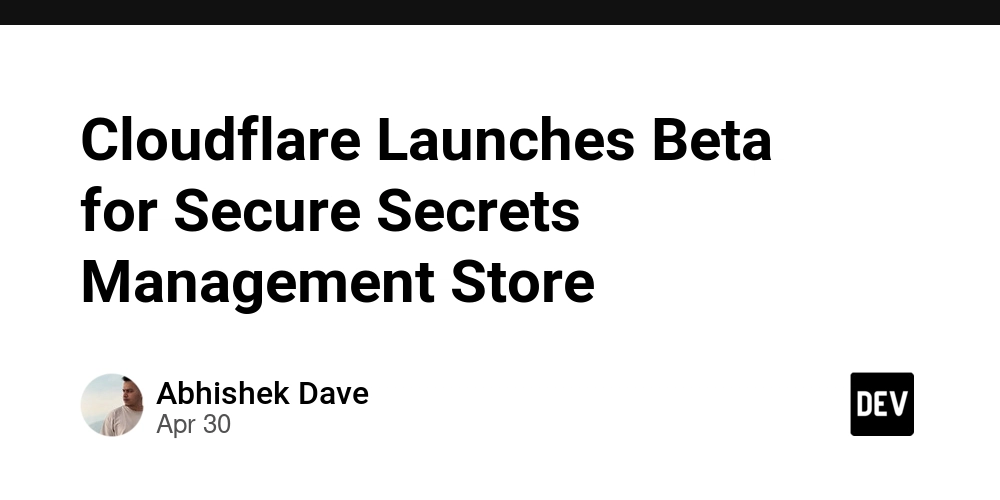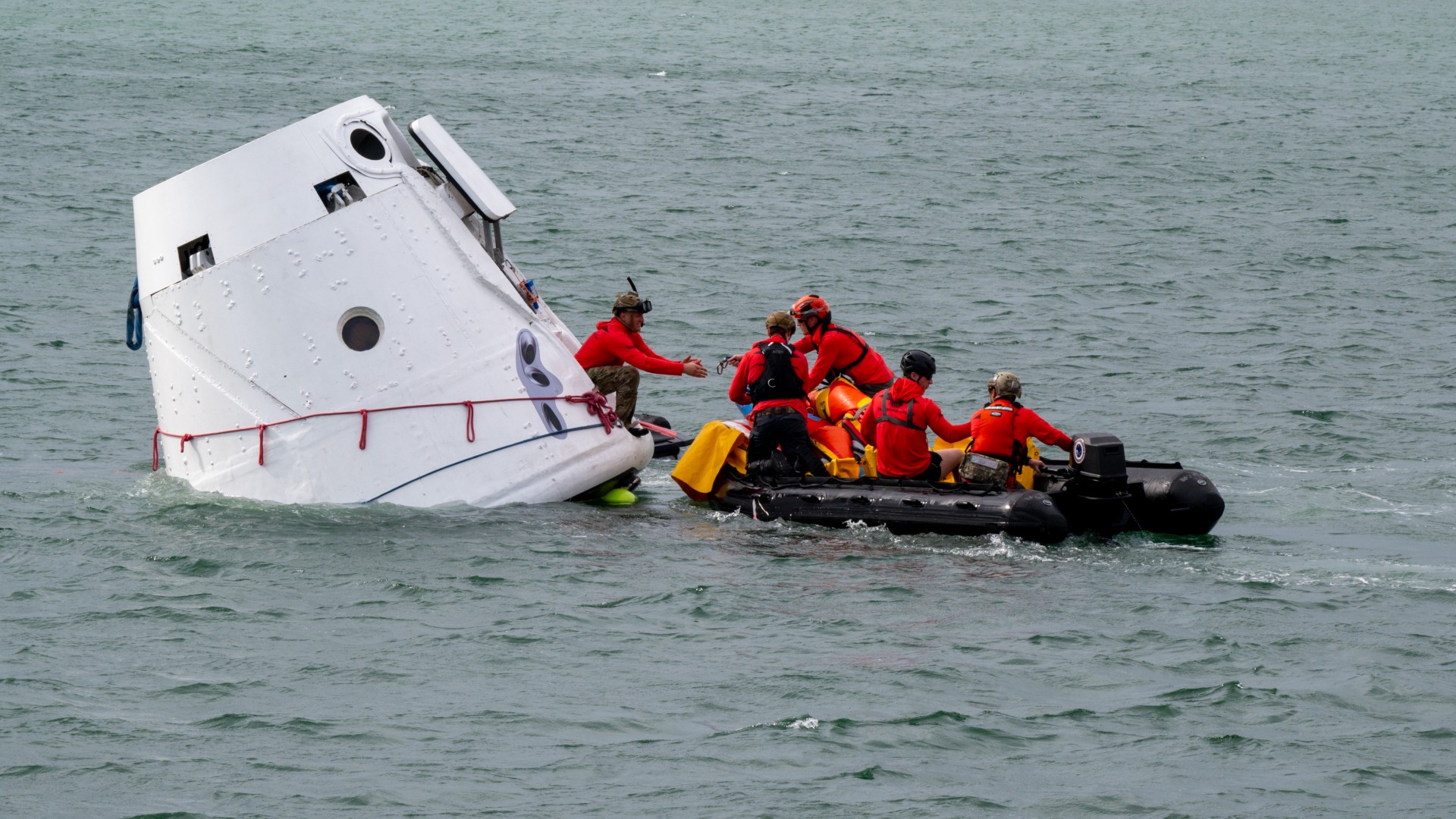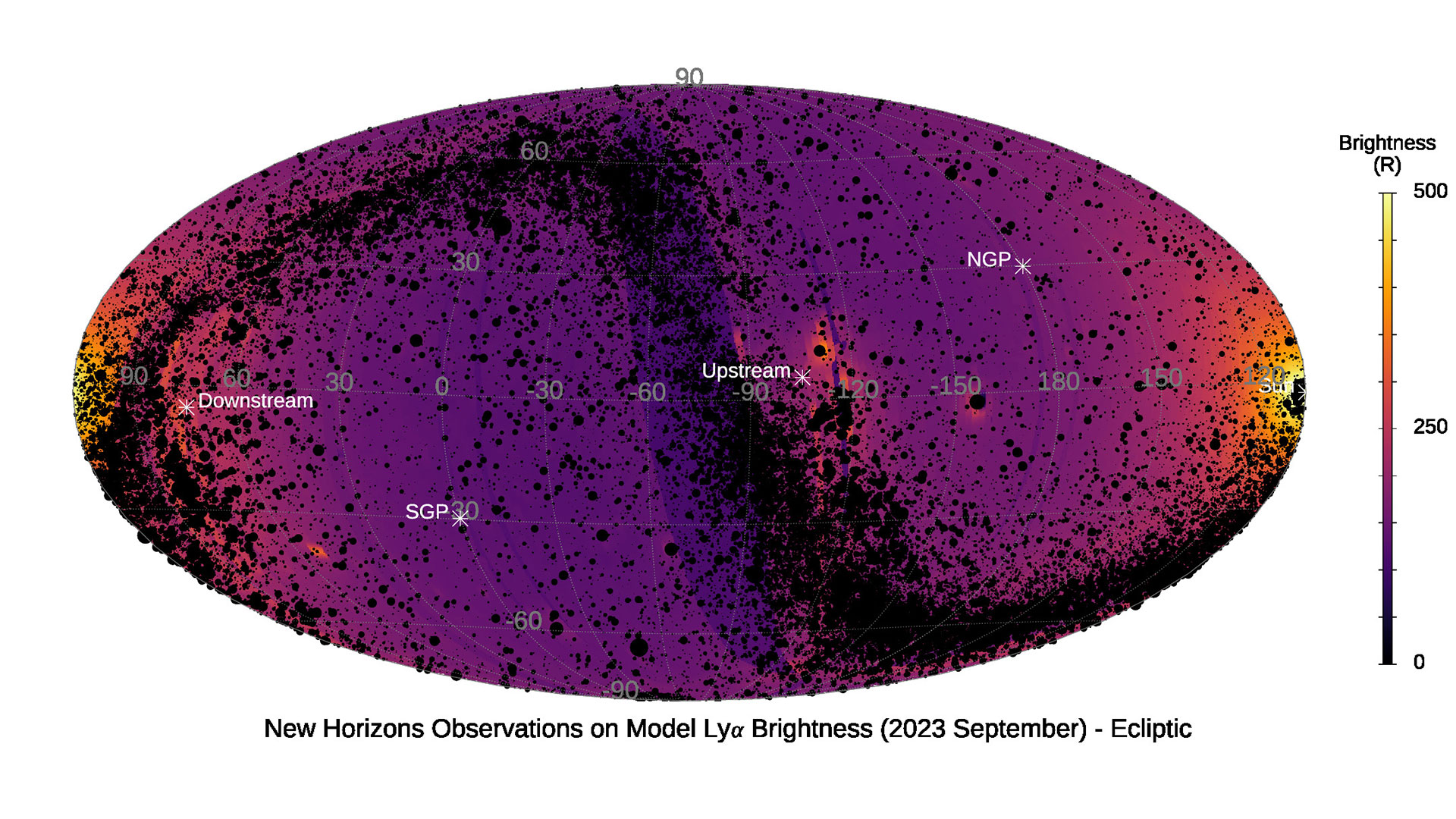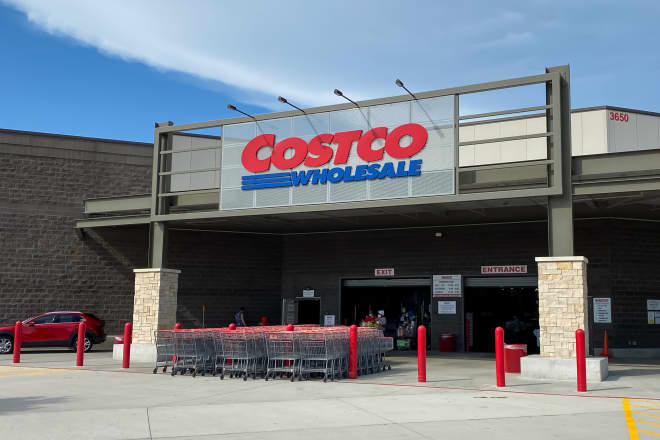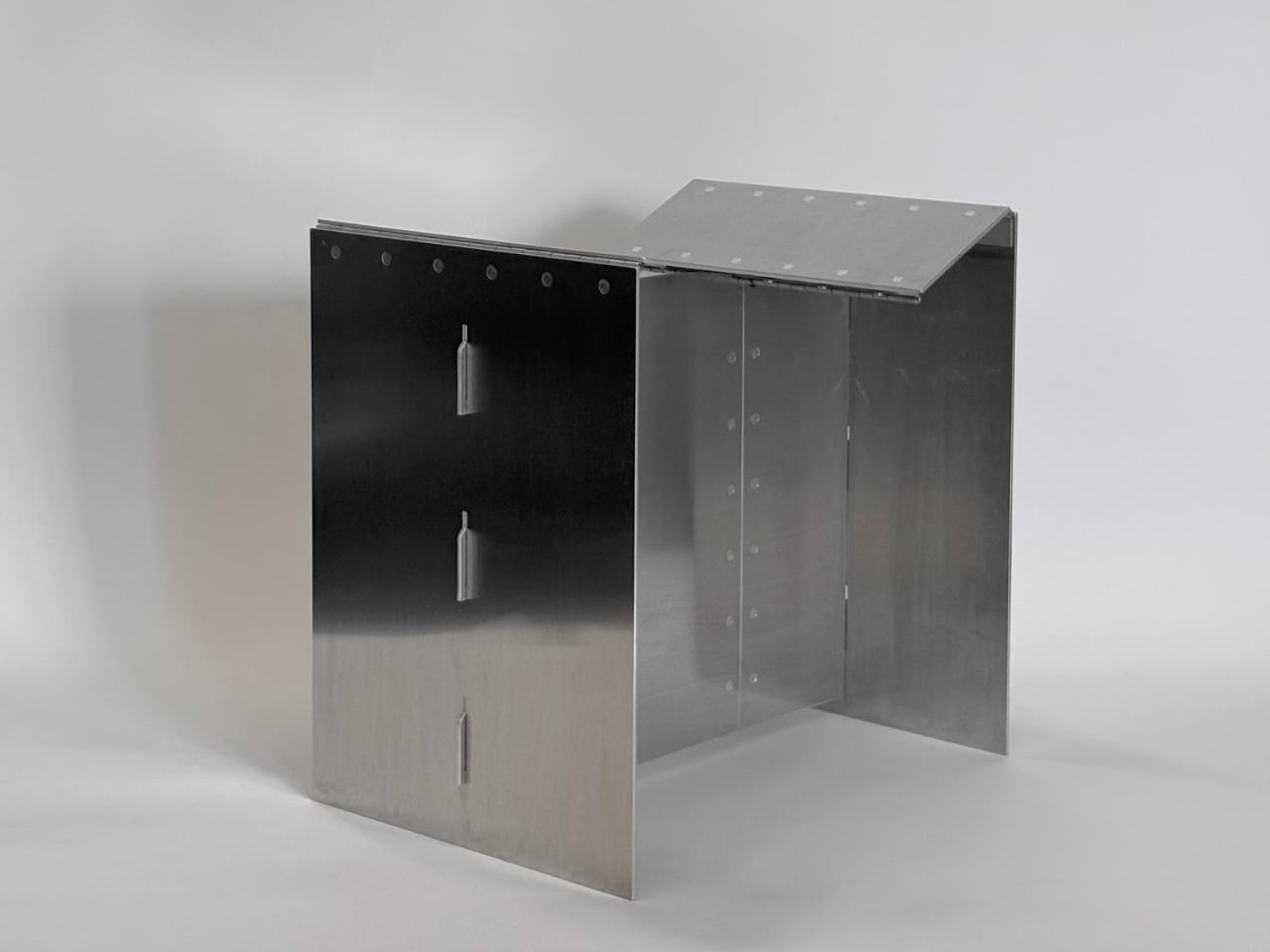Trump's cuts to federal health spending will cause more cancer deaths
I am alive today thanks to the kind of cancer research and oncology programs that are now being decimated by the Trump administration.

I recently survived two cancers in two years. I am alive today thanks to the kind of cancer research and oncology programs that are now being decimated by the Trump administration.
In a move to reorganize the Department of Health and Human Services, 20,000 professionals — 25 percent of the federal agency’s staff — have been or will be laid off, paid out or pushed into early retirement. The Department of Government Efficiency has demanded contract and grant funding be cut by 35 percent across all divisions of HHS, including the National Institutes of Health, the Food and Drug Administration and the Centers for Disease Control and Prevention.
The NIH — which funds $8 billion in cancer science funding annually and oversees more than 7,000 active clinical trials like the one I am in — is expected to lose significant funding and about 1,200 staff positions. The FDA will reportedly lose 3,500 full time staffers involved in the approval of new medicines, diagnostics and devices. The CDC will have to axe 2,400 employees, including those who help prevent cancer through tobacco-cessation programs, promote early detection through mammograms and colonoscopies and work to improve the health of cancer survivors by boosting access to care.
The administration’s cap on indirect research costs (such as lab space, equipment, safety and ethics) has thankfully been blocked by a federal judge. But funding freezes, anticipated cuts, uncertainty and chaos could erase decades of progress fighting cancer, disrupt time-sensitive life-saving research and give the disease an unrecoverable advantage.
Congress hasn’t been much help. Funding for the Department of Defense’s Congressionally Directed Medical Research Program was just reduced by more than half in the six-month continuing resolution for fiscal year 2025, eliminating critical pancreatic, lung and kidney cancer research programs.
The massive cuts are surprising, because cancer care and research has typically enjoyed bipartisan support from aging lawmakers, and President Trump honored a child cancer survivor during his recent joint address to Congress.
Cancer is the second-leading cause of death in the U.S. overall and the leading cause among people younger than 85 years of age. Nearly 40 percent of people in the U.S. will be diagnosed with the disease at some point in their lives, and almost one in five Americans will die of it. But here’s the good news: The overall cancer death rate in the U.S. has fallen by 33 percent since 1991.
That translates into roughly 3.8 million lives saved, owing in part to dedicated federal funding that drives advances in early detection, more effective and tolerable treatments and hope for patients and families.
How many more lives could be saved by imminent breakthroughs that could accelerate the fight against cancer, such as personalized vaccines that can train the immune system to recognize and suppress cancer cells, better diagnostics to detect early-stage cancers and next-wave AI-powered genomics and treatment planning?
Unless Washington changes course, we may never know.
Four out of 10 cancer cases and almost half of all cancer-related deaths are associated with preventable risk factors, such as tobacco use, excess body weight, alcohol, poor diet and physical inactivity. So, by all means, let’s — as Health and Human Services Secretary Robert F. Kennedy Jr. suggests — “make America healthy again.”
But if today is like any other day in recent history, 5,500 Americans will hear the words, “You have cancer,” and their lives will never be the same. The 2 million men, women and children diagnosed each year deserve the same access to clinical trials, research-backed treatments and cumulative cancer science that saved my life. They shouldn’t face the hopelessness and despair of being told by an apologetic oncologist that “there’s nothing more we can do.”
Because, as a nation, there is.
Jeffrey L. Reynolds is a two-time cancer survivor and President-CEO of the Long Island-based nonprofit Family and Children’s Association.












